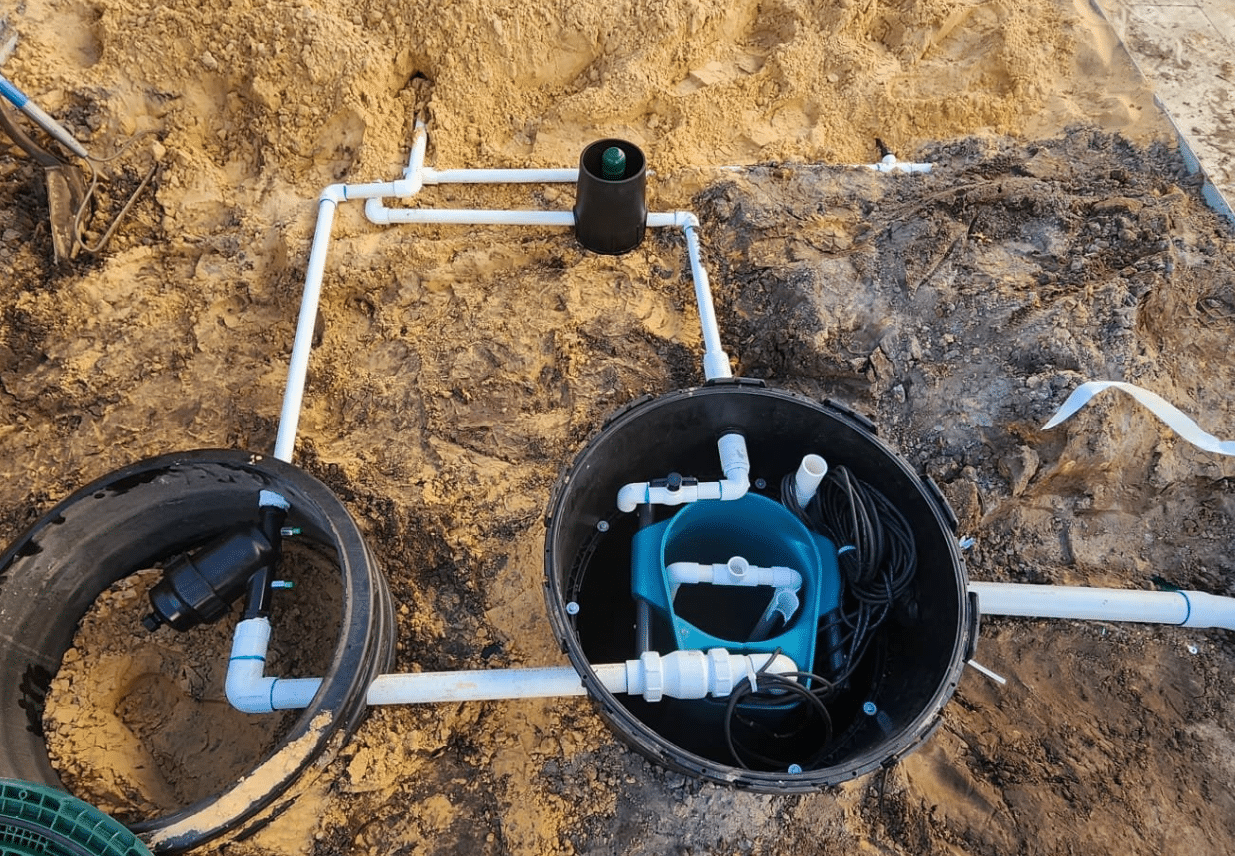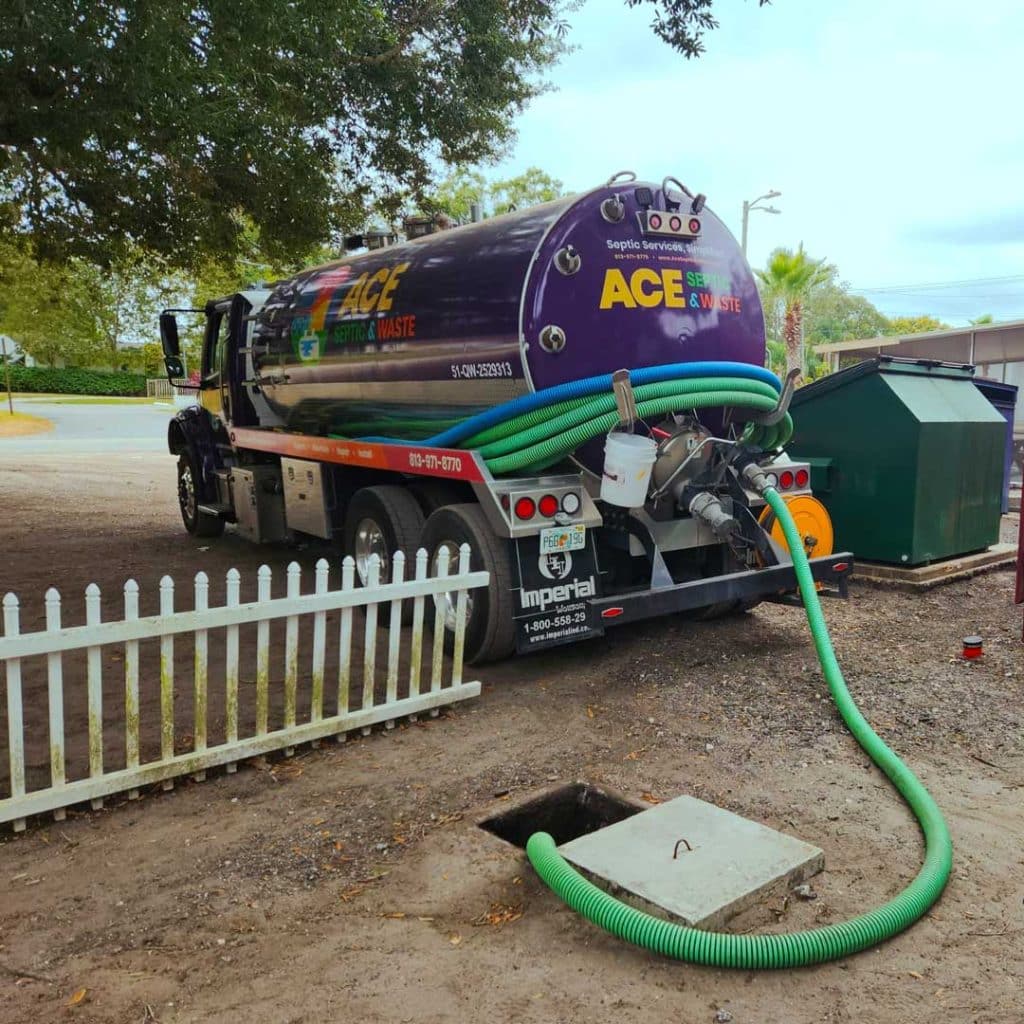When it comes to maintaining a home, many homeowners often overlook one crucial aspect: their septic system. Although septic tanks are designed to last for years, neglecting regular maintenance can lead to significant costs down the line. In this article, we will delve into The Cost Savings of Regularly Scheduled Septic Tank Pumping, exploring the various benefits, potential pitfalls of neglect, and how a proactive approach can save you money in the long run.
What is Septic Tank Pumping?
Septic tank pumping refers to the process of removing sludge and scum from your septic tank. Over time, solid waste accumulates in the tank, reducing its capacity and efficiency. Regular pumping ensures that your system operates optimally and prevents costly repairs.
Why is Septic Tank Pumping Necessary?
The necessity of septic tank pumping cannot be overstated. When a tank is full, it can lead to backups in your plumbing system or even create hazardous conditions in your yard. Regular pumping helps maintain healthy bacteria levels in the tank and keeps everything flowing smoothly.
How Often Should You Schedule Septic Tank Pumping?
Most experts recommend scheduling professional septic tank pumping every 3 to 5 years, depending on several factors such as household size, water usage, and tank size. However, if you're uncertain about your specific needs, consulting professionals like Ace Septic & Waste can provide tailored advice.
The Cost Savings of Regularly Scheduled Septic Tank Pumping
So why should you invest in regular septic tank pumping? The answer lies in cost savings—not just in terms of money but also time and stress.

Avoiding Expensive Repairs
Neglecting necessary pumping can lead to serious issues like clogs or leaks. Repairing these problems can cost thousands of dollars. By investing a fraction of that amount into regular maintenance, you can avoid these hefty repair bills.
Extending the Life of Your System
Regular maintenance extends the life of your septic system. Replacing an entire system can range between $3,000 and $10,000 depending on various factors like location and soil quality. Isn’t it better to spend a small amount now rather than a fortune later?

Preventing Environmental Hazards
Failing to pump your septic tank regularly could lead to sewage backups that may contaminate local water supplies and pose health risks. The costs related to environmental cleanup and legal liabilities can be astronomical.
The Process of Septic Tank Pumping
To understand how important this process is for cost savings, let's explore what actually happens during septic tank pumping.
Inspection Before Pumping
Before any sludge removal occurs, technicians typically inspect the entire system for signs of damage or other issues that might need attention.
Pumping Out Waste
Once the inspection is complete, specialized vacuum trucks remove waste from your septic tank efficiently.
Disposal Regulations
After pumping out waste, proper disposal according to local regulations is essential for environmental safety.
Choosing the Right Service Provider for Septic Tank Pumping
When choosing a service provider for septic tank pumping, consider factors such as experience, reviews, and pricing transparency. Companies like Ace Septic & Waste have built up a reputation for reliability and excellence over many years.
What Services Should You Expect?
Look for comprehensive services that include not just pumping but also inspections and preventative maintenance checks.
Cost Considerations for Service Providers
While price shouldn’t be the only factor when choosing a provider, understanding average costs can help you budget accordingly. Most residential pumps range from $200 to $500 per visit depending on various factors such as location and complexity.
Signs That Your Septic System Needs Attention
Being proactive means recognizing when something isn't right with your system before it escalates into a major problem.
Foul Odors Around Your Property
If you're noticing unpleasant smells near your drain field or home, it may indicate that it's time for some professional help.
Common Causes:
- Overflow Blocked pipes Full septic tank
Slow Drains Throughout Your Home
If sinks or toilets are draining slowly across multiple fixtures in your home—this could point toward an issue with your septic system rather than just individual plumbing problems.
FAQs About Septic Tank Pumping
Ace Septic & Waste How much does septic tank pumping cost?- The average cost ranges from $200 to $500 per visit depending on various factors including location and service complexity.
- Every 3 to 5 years is generally recommended but consult professionals like Ace Septic & Waste for personalized recommendations.
- Neglect can cause clogs or leaks leading to costly repairs ranging from hundreds to thousands of dollars.
- While DIY methods exist, it's best left to professionals due to safety concerns and proper disposal regulations.
- Look out for foul odors around your property or slow drains throughout your home.
- Absolutely! Investing in regular maintenance saves you money by preventing costly repairs down the line.
Conclusion: Investing in Your Home’s Health Saves Money!
In conclusion, when it comes down to maintaining your home’s health—and wallet— The Cost Savings of Regularly Scheduled Septic Tank Pumping cannot be ignored. By ensuring timely upkeep through providers like Ace Septic & Waste, you're not only safeguarding against expensive repairs but also promoting environmental health in your community while extending the life of one of your most critical systems!
This article serves as an Ace Septic & Waste Septic tank Pumping extensive guide on why regular septics pumpings are vital for homeowners looking to save costs over time while maintaining their property value and integrity! Remember: A little preventive care goes a long way!